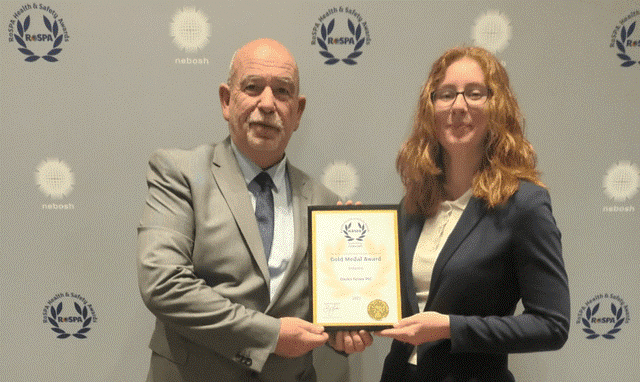By Shevaun Haviland – Director General of the British Chambers of Commerce & Chris Southworth – Secretary General of the International Chamber of Commerce UK
We stand at the dawn of a digital revolution poised to radically reshape how worldwide commerce is done. This year’s International Trade Week is an opportunity to showcase everything our two organisations are doing to help this crucial modernisation.
We want the UK to be ambitious – because the benefits are clear. The BCC’s Trade Manifesto, published in July, called on the government to work with business to ensure 60% of UK exports are carried out digitally by the end of the decade. The ICC’s digital trade roadmap predicts technology can bring £25bn in SME trade growth across the UK.
Both the British Chambers of Commerce and the International Chambers of Commerce in the UK are leading the way, as champions of digital trade. The BCC’s Global Britain policy group, which includes leading firms like BP and DP World, will make recommendations for the UK Government, as will the Barclays-ICC UK digitisation of trade taskforce. We must work together to clearly outline how domestic business and policymakers can accelerate trade for a digital age.
The Government has made a good start. The Electronic Trade Documents Act is now in effect – giving digital documents the same legal status as paper versions. There is, however, still much to do. Government needs to work with business to give SMEs the tools to switch to digital and embrace this exciting future. We all want the same outcome – cutting the cost and complexity of trade.
We can say with confidence that the UK is leading the way on digital trade globally. The Act has galvanised other countries in the G7, and China are now also removing legal barriers to trade digitalisation. The G20 are also committed to adopting new modern digital trade norms, and 90% of world trade is expected to be on a path to digitalisation once the WTO Ecommerce Agreement is signed.
Embracing technological changes comes at a time when trading is tough for SMEs. The BCC’s recent Trade Confidence Outlook saw no improvement in Q3 of 2023, as half of all SME exporters (49%) saw no change in overseas sales, and a quarter reported a decrease. Exporting has been broadly static since the pandemic. Violence in Ukraine and the Middle East has increased the uncertainty and economic headwinds for trading companies. Digitalisation can help in these difficult trading times, and set a framework for the future.
The UK and the EU are each pursuing Single Customs Windows, the World Trade Organisation is negotiating on e-commerce standards, and modern rules on data, customs and trade facilitation are being enshrined in new trade agreements. Reams of paper documentation are heading for the bin, which represents a real move forward on digital trade for UK exporters.
We now have an opportunity to radically upgrade how the UK trades with her international partners. The challenge now is to ensure firms, particularly SMEs, seize the opportunities and secure the game changing benefits. The BCC and ICC United Kingdom stand ready to help make that happen.
Read more news and exclusive features in our latest issue here.
Never miss a story… Follow us on:
International Trade Magazine
@itm_magazine
@intrademagazine
Media Contact
Joseph Clarke
Editor, International Trade Magazine
Tel: +44 (0) 1622 823 920
Email: editor@intrademagazine.com





